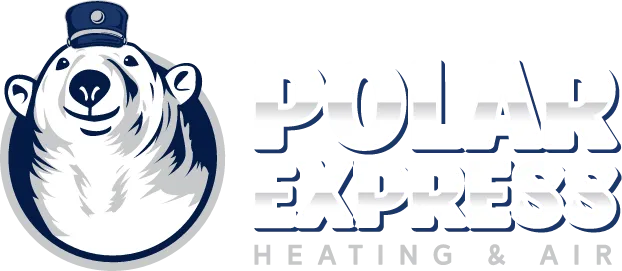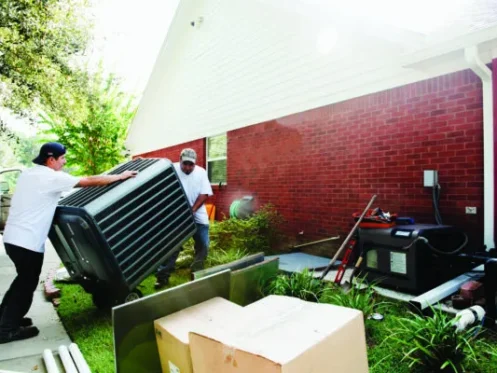In recent years, engineers have changed the HVAC field with the continued campaign to manufacture efficient products. These advances have improved energy consumption and reliability. They have also offered tremendous cost savings to property owners.
The most groundbreaking developments in the HVAC industry relate to smart technology, increased energy efficiency, and improved comfort. One of the most significant changes is moving away from traditional air conditioners and furnaces towards alternate solutions, such as geothermal heat pumps and mini-split systems.
In addition to energy efficiency, modern HVAC solutions also offer greater control over indoor air quality. By monitoring a home or building’s air quality and adjusting the temperature accordingly, these systems can help reduce allergens and improve overall health by removing contaminants from the air.
Here is an in-depth look at the three major changes people should expect in the HVAC industry in 2023.
1. Use of Smart Technology in HVAC
Technology is transforming the HVAC industry. Systems that rely on digital technology deliver a more personalized and efficient experience for HVAC clients. Modern technology available to HVAC companies today includes intelligent sensors, automated diagnostics, tailored control strategies, and powerful analytic platforms. Technology helps HVAC businesses manage energy consumption in real-time and create data-driven plans. HVAC companies that use digital technology offer a superior user experience, comfort, convenience, and safety.
Technology has also made HVAC systems more accurate, efficient, and convenient for property owners. For example, modern heating and cooling systems can detect minor temperature changes and adjust activity accordingly. Automation allows us to control temperatures remotely using mobile-connected thermostats.
2. New Efficiency Guidelines
The U.S. Department of Energy (DOE) has recently implemented higher minimum efficiency standards for HVAC systems. These strict standards reduce the energy wasted annually in residential and commercial buildings. These new standards will need today’s HVAC systems to be more efficient to save fuel and money. All manufacturers and distributors of HVAC equipment can only distribute items with the new SEER ratings.
SEER stands for Seasonal Energy Efficiency Ratio and measures how efficiently an air conditioning system runs compared to past models. The higher the SEER rating, the more efficient the system will be. The new standards by the DOE set a minimum SEER rating of 14 for air conditioners in the northern states. In the southern states, the SEER ratings are either 14.5 or 15, depending on your system. The new standards for heating efficiency have also increased for air-source heat pumps. The heating seasonal performance factor (HSPF) used to describe a pump’s efficiency has increased to 8.8.
The federal government is not reprimanding property owners for not changing their systems. However, the market has phased out old SEER and HSPF-rated equipment for compliant versions. According to the U.S. Energy Information Administration (EIA), adopting these new standards will reduce energy usage. The EIA predicts consumption will go down by as much as 6.6 quadrillions of British Thermal Units (BTUs) per year by 2030. This quantity equals the total annual energy consumption of more than 21 million U.S. households.
3. AC Refrigerant Regulations
All new air conditioners and heat pumps must use a different kind of refrigerant. This change is significant because refrigerants influence efficiency and environmental impact. The newer ones are environmentally friendly while providing the same temperature control power. The new refrigerants are also expected to last longer and need less maintenance than their predecessors.
The HVAC industry has been transitioning from R-22 (Freon) refrigerants to R-410 (Puron) refrigerants for the past few decades. This shift is due to environmental concerns associated with Freon. Freon depletes the ozone layer and causes global warming. As a result, 2023 regulations require new air conditioners and heat pumps to use Puron refrigerant. This transition should benefit the environment and homeowners looking for energy savings.
Should I Upgrade to a New, Compliant HVAC System?
Consider upgrading to a new HVAC system if you have an outdated one or if your system needs to meet code requirements. If you’re wondering whether it’s time to upgrade your current HVAC system, Polar Express Plumbing, Heating and Air Conditioning will offer a professional assessment. In addition to HVAC services, our technicians provide duct cleaning, air purification, filtration, and humidification services. If you live around Lake Elsinore, CA, contact Polar Express Plumbing, Heating and Air Conditioning to schedule an appointment today.



